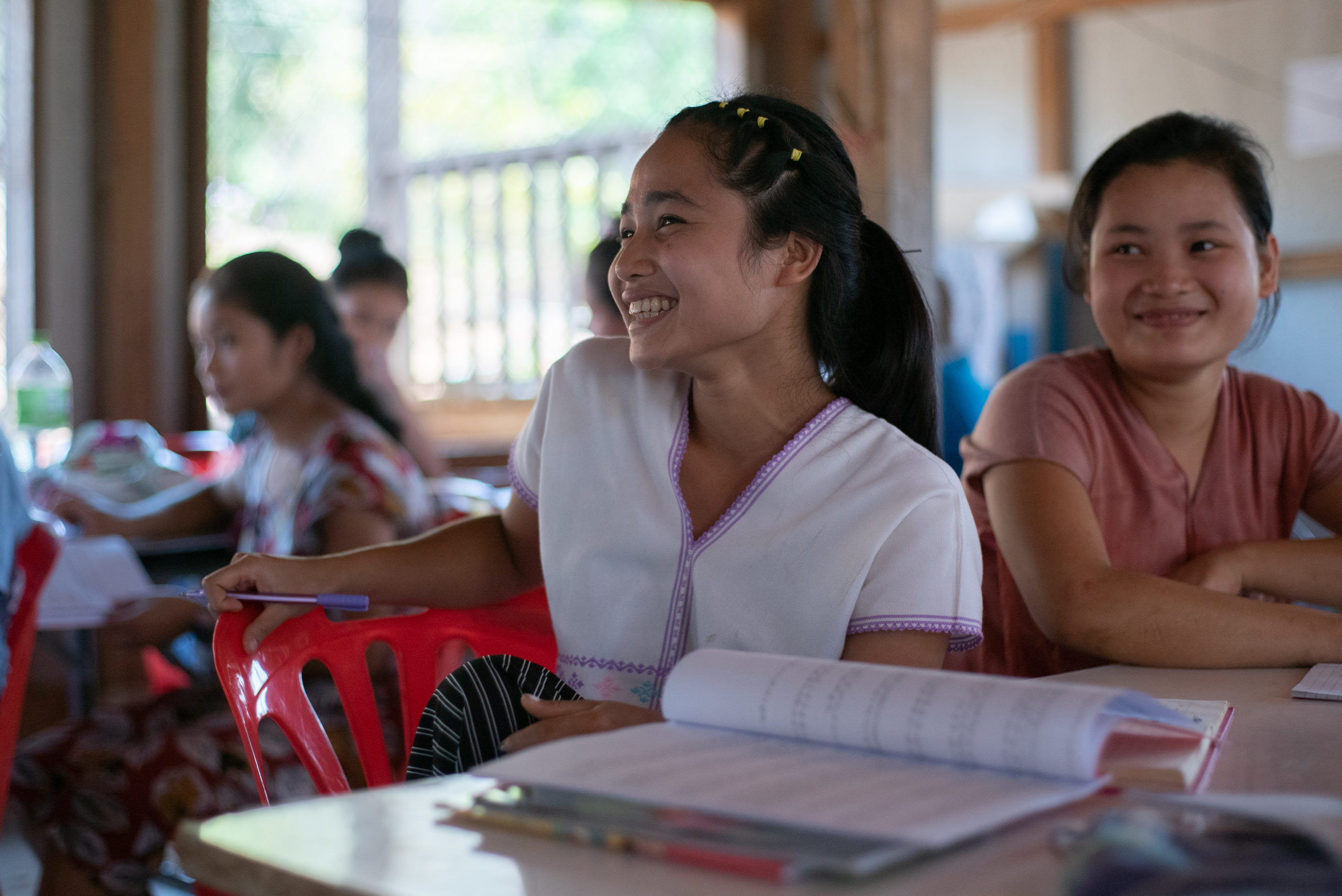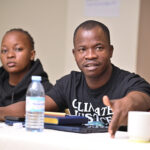This article was published more than 4 years ago.
What does feminist funding really look like? Lessons Learned in the Pursuit of Gender Justice and Feminist Practice in Burma, a new report produced by the Fund in partnership with Inter Pares, outlines what we’ve learned about supporting feminist movements in Myanmar. We believe these lessons—as well as the process we went through to reach them—are important for donors, funders, and activists around the world who want to build and support feminist movements.
Over the last decade, it has become increasingly common for human rights funders and donors to nominally apply a feminist lens to their work. National governments have signed on, too—in 2014, Sweden became the first country to unveil a feminist foreign policy.
Women’s rights organizations, however, say that the money hasn’t materialized. According to a 2019 report from the Association of Women in Development, only 1 percent of gender-related international aid actually reaches grassroots women’s rights or feminist organizations. Even less reaches organizations led by indigenous women, who are critical to transforming patriarchal and colonialist power structures.

In the context of this global failure to support feminist activism, the Fund and Inter Pares hired two experienced mediators, Lisa Houston and Ginger Norwood, to take a closer look at how we could be better supporting feminist movements in Myanmar. Drawing on more than 20 years of experience working with rights groups on the Thai-Myanmar border, Houston and Norwood worked with 10 frontline groups from Myanmar’s robust civil society to analyze the internal and external factors that impact feminist approaches to activism, evaluating what needs to change—within organizational structures or within funding—to better promote equitable and inclusive processes and outcomes.
The authors’ findings have reinforced our own views on the importance of a feminist approach to grant-making, and their reflections have helped us learn about the challenges and the best ways to practice our values. We hope that others in our community will find as much value in these reflections as we do.


